Baby development at 20 weeks

Baby development at 20 weeks
Pregnancy checklist at 20 weeks
Look for a pediatrician
You're going to see your baby's doctor a lot in the first few years. Get some tips on choosing a doctor for your baby, and make sure to pick someone you genuinely connect with. You can ask your ob-gyn or midwife, friends, and relatives for recommendations; then check to see who's covered by your insurance and conveniently located. See if you can meet your top candidates in person – there could be a charge, but insurance may cover it.
Treat yourself
You're at the halfway point in your pregnancy, so celebrate! How about a facial, prenatal massage, or pregnancy photoshoot to mark the occasion? If you don't feel like spending money, do something nice for yourself like getting books from the library, going on a beautiful walk, or taking a bubble bath.
Experiment in bed
At 20 weeks pregnant, some expecting moms find they have a higher sex drive and better orgasms because of increased blood flow and lubrication. For most women, sex during pregnancy is completely safe and beneficial – it helps you stay active, releases hormones that make you happy and relaxed, and facilitates a close bond with your partner. If your belly is starting to get in the way, experiment with pregnancy sex positions that will accommodate your bump.
Do a "brain dump"
If you're feeling stressed or having trouble falling asleep because your mind is racing, try writing down everything that's bothering you in a journal. Don't worry about making it neat or well written. The most important thing is to get the worries out of your head and on to the page.
Related Articles
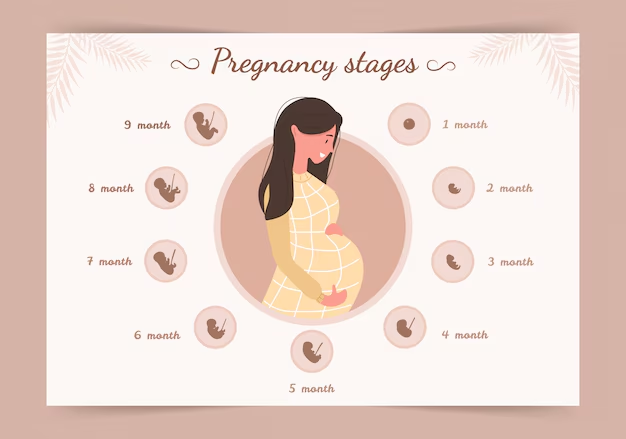
Third Trimester (Weeks 27-40)
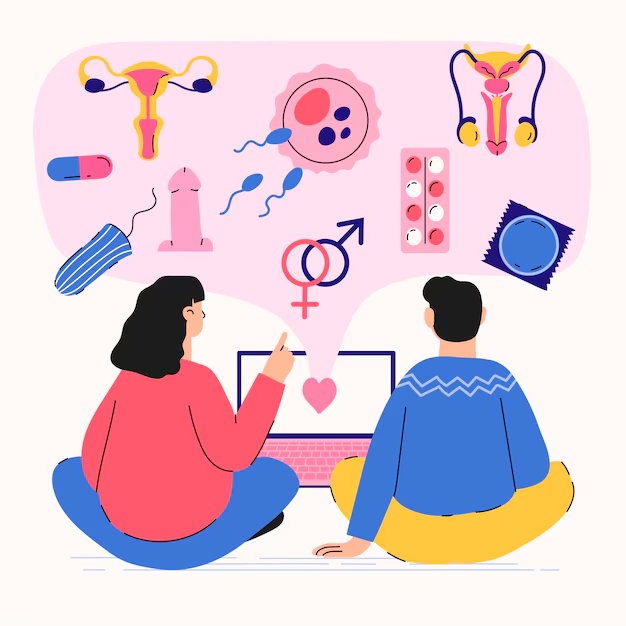
Your Comprehensive Guide to Improving Fertility and Successfully Conception
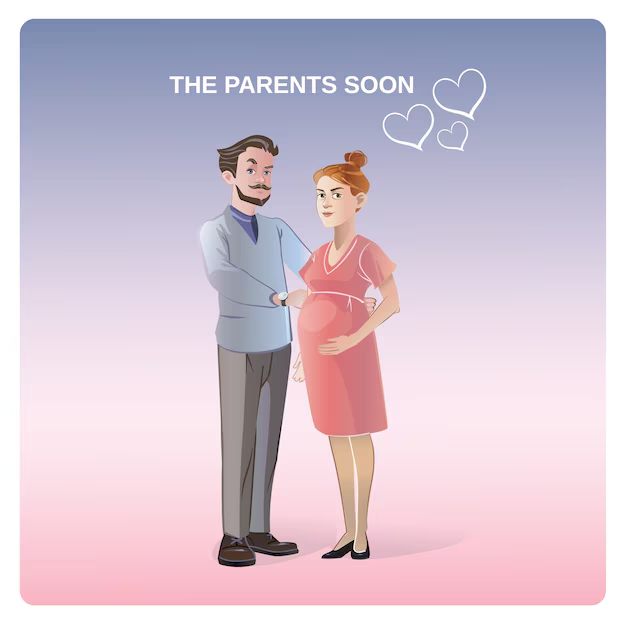
How to Share the News: Announcing Your Pregnancy in the First Trimester
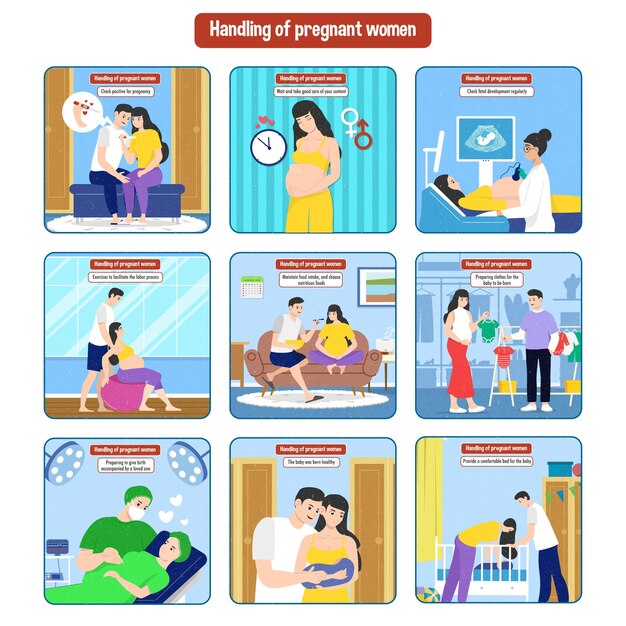
The Ultimate Guide to Getting Pregnant: Fertility Tips, Timing, and Lifestyle Changes
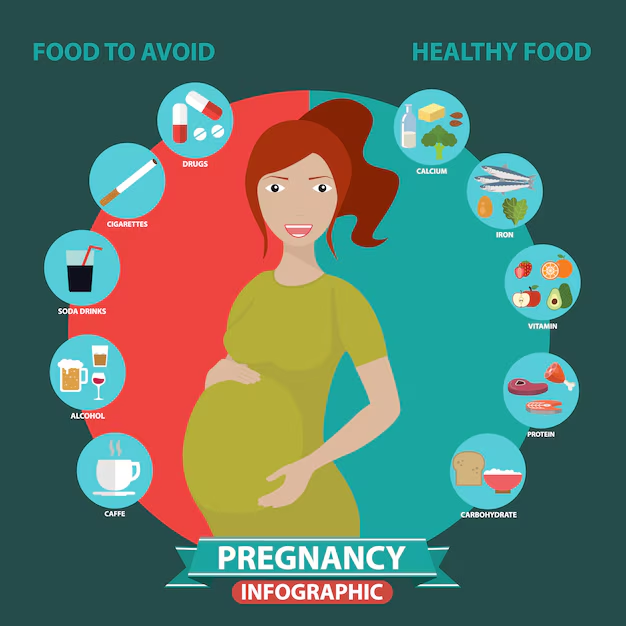
Nutrition Tips for a Healthy First Trimester
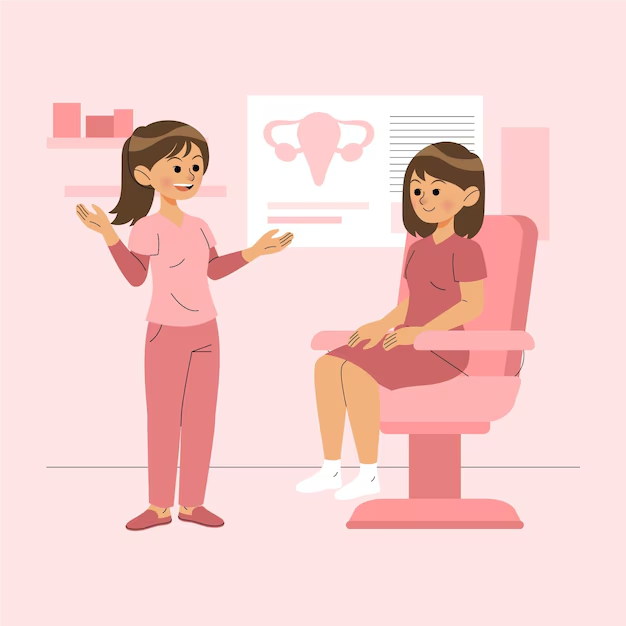
How to Talk to Your Doctor About Menstrual Issues
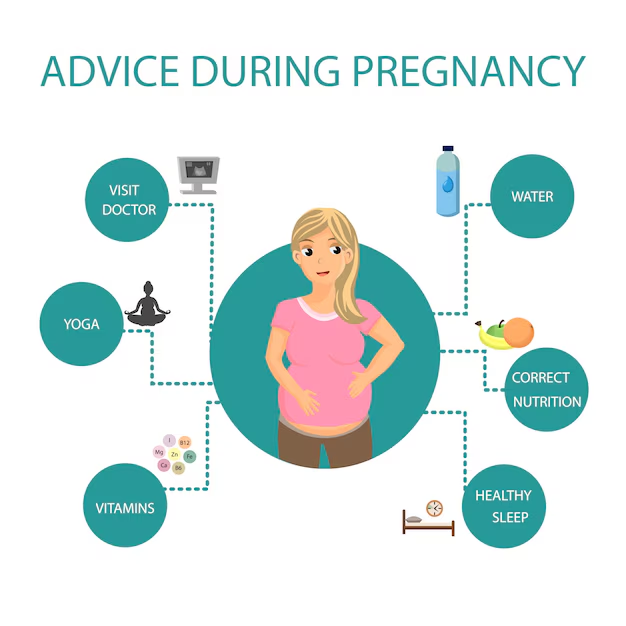
Common Health Complications During Pregnancy: What You Need to Know

Building a Routine That Respects Your Body